Question
#include #include using namespace std; // Constant for the number of months const int NUM_MONTHS = 12; // Function prototypes double getTotal(double [], int); double
#include
// Constant for the number of months const int NUM_MONTHS = 12;
// Function prototypes double getTotal(double [], int); double getAverage(double [], int); double getLargest(double [], int, int &); double getSmallest(double [], int, int &);
int main() { // Array to hold the rainfall data double rainFall[NUM_MONTHS];
// Get the rainfall for each month. for (int month = 0; month > rainFall[month]; // Validate the value entered. while (rainFall[month] > rainFall[month]; } } // Set the numeric output formatting. cout
// Now display the largest & smallest amounts. // The subscript variable will be passed by reference // the the getLargest and getSmallets functions. int subScript;
// Display the largest amount of rainfall. cout
// Display the smallest amount of rainfall. cout
return 0; }
// ******************************************************** // The getTotal function calculates and returns the * // total of the values stored in the array parameter. * // The size parameter indicates the number of elements * // in the array. * // ******************************************************** double getTotal(double values[], int size) { double total = 0.0; // Accumulator
// Step through the array and add each value // to the total variable. for (int count = 0; count
return total; }
// ******************************************************** // The getAverage function returns the average of the * // values in the array parameter. The size parameter * // indicates the number of elements in the array. * // ******************************************************** double getAverage(double values[], int size) { // Simpy get the total of the array values // and divide by the number of elements. double average = getTotal(values, size) / size; return average; }
// ******************************************************** // The getLargest function returns the smallest value in * // the array parameter, and stores the subscript of the * // largest value in the element reference parameter. * // ******************************************************** double getLargest(double values[], int size, int &element) { double largest; // To hold the largest value. // Assume element 0 holds the largest value. largest = values[0]; element = 0; // Compare the value in largest to all the // other values in the array. for (int count = 1; count largest) { largest = values[count]; element = count; } }
return largest; }
// ******************************************************** // The getSmallest function returns the smallest value in * // the array parameter, and stores the subscript of the * // smallest value in the element reference parameter. * // ******************************************************** double getSmallest(double values[], int size, int &element) { double smallest; // To hold the smallest value // Assume element 0 holds the smallest value. smallest = values[0]; element = 0; // Compare the value in largest to all the // other values in the array. for (int count = 1; count
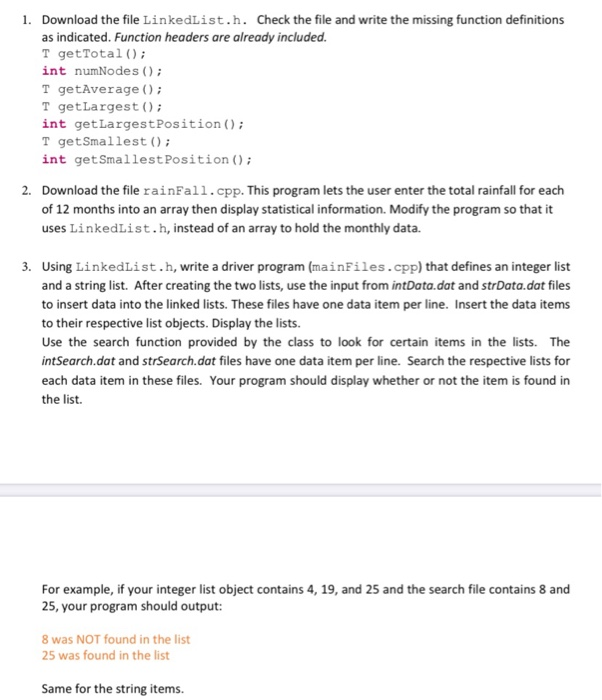
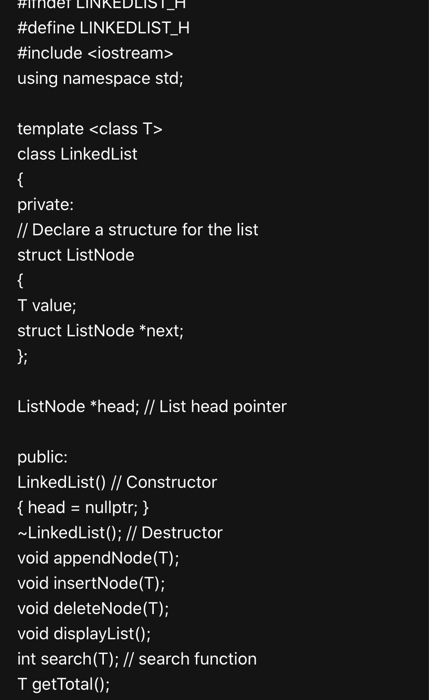
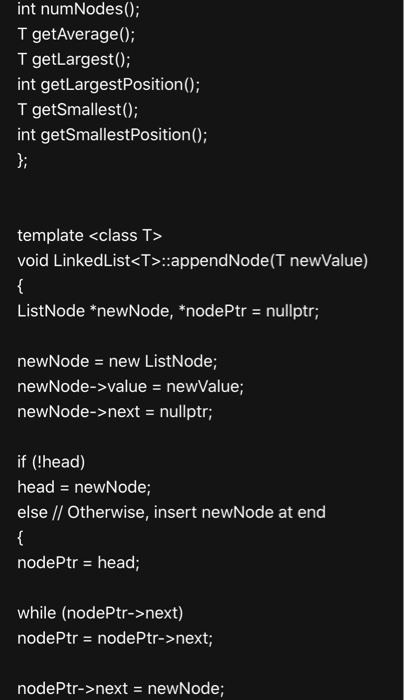
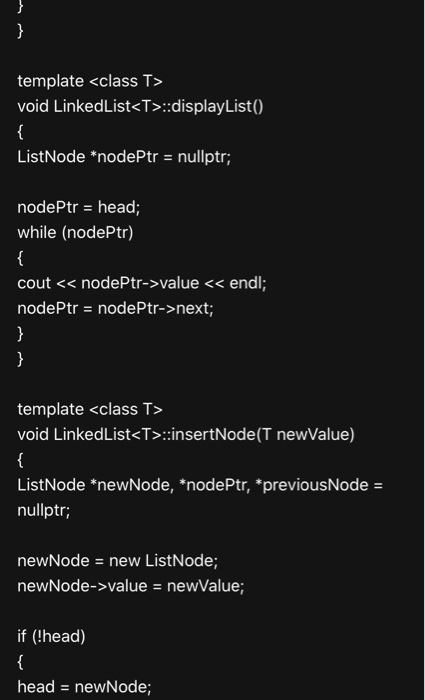
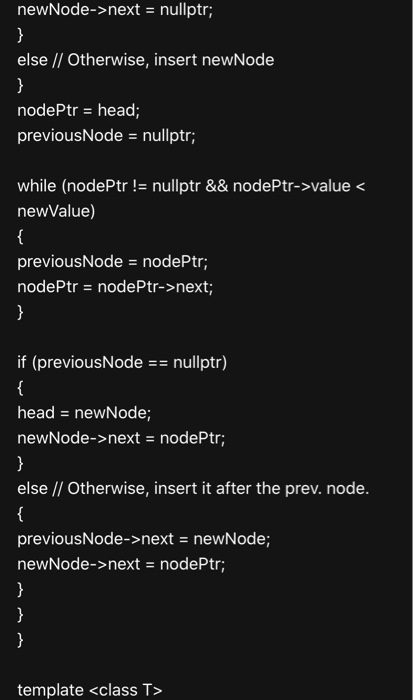
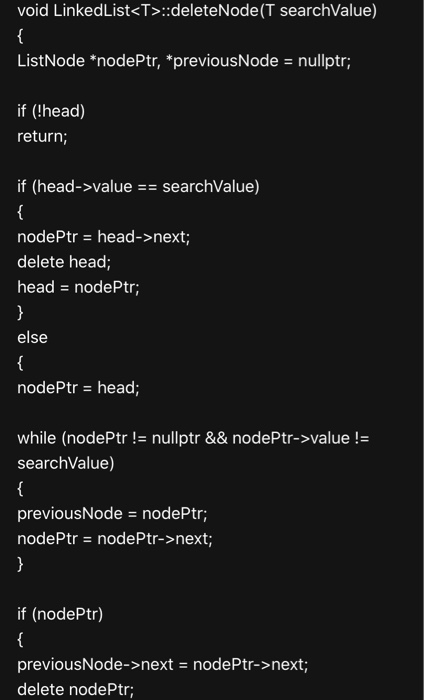
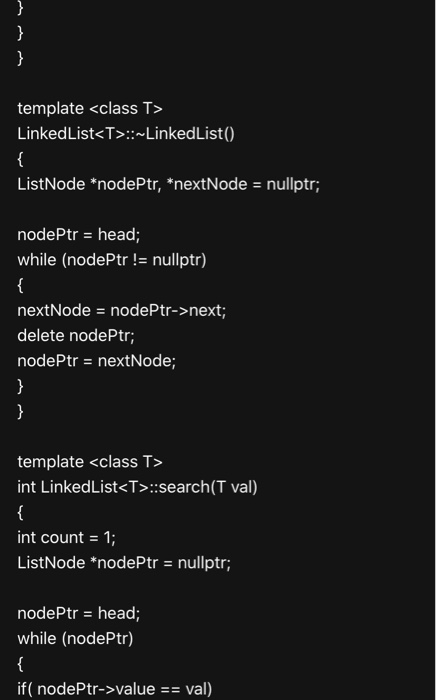
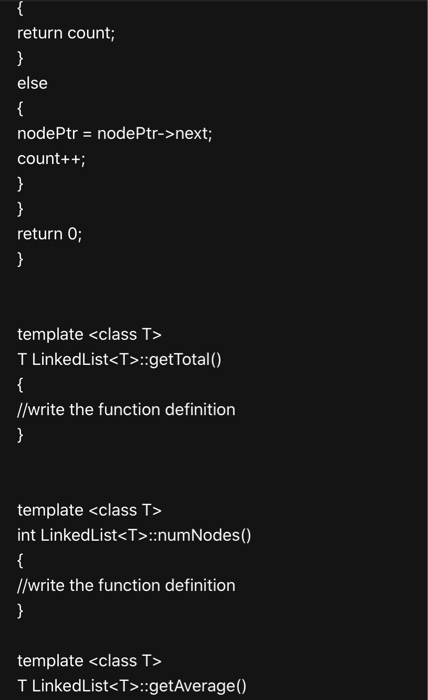
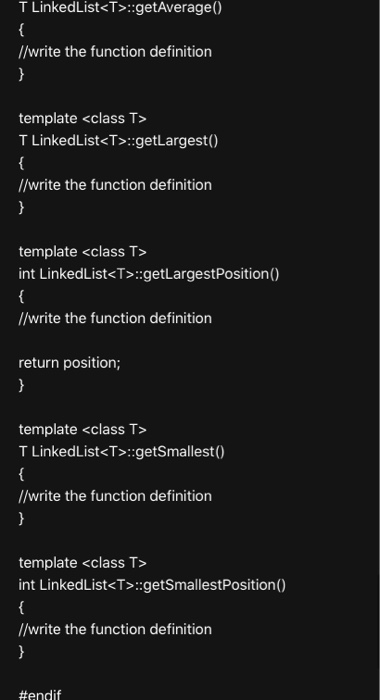
Step by Step Solution
There are 3 Steps involved in it
Step: 1

Get Instant Access to Expert-Tailored Solutions
See step-by-step solutions with expert insights and AI powered tools for academic success
Step: 2

Step: 3

Ace Your Homework with AI
Get the answers you need in no time with our AI-driven, step-by-step assistance
Get Started


